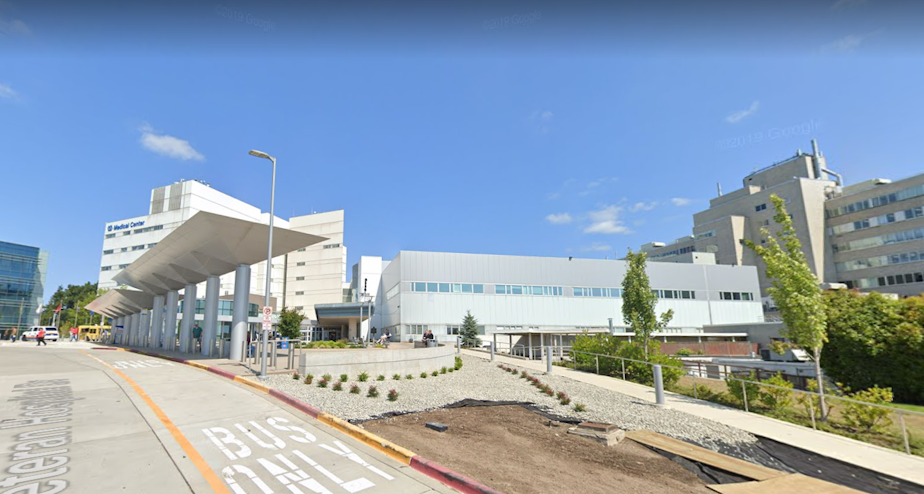The PACT Act and you: what veterans need to know

For years, military veterans and their advocates have been sounding the alarm about the deadly effects of burn pit exposure.
That's how the U.S. military got rid of trash in places like Afghanistan, Iraq, and Kuwait: throw it in a hole and burn it.
The dust and fumes made lots of people sick — burn pits have been associated with respiratory illnesses, gastrointestinal disorders, and cancers.
However, proving the link between where a veteran has served and the diseases they are fighting has been difficult. Over the years, many veterans with burn pit exposure filed claims for VA medical care and benefits but were denied.
That's now changing because of a new law called the PACT Act.
That's a big deal for our state. There are just over 500,000 veterans in Washington state, according to the 2020 census. One hundred and twenty-four of those people served after 9/11, and are potentially eligible for these new benefits.
Pritz Navaratnasingam is the executive director of the Seattle Regional Office of the Veterans Benefits Administration. He joined Soundside to talk about what the PACT Act is, and how veterans can find the help they need.
The PACT Act was signed into law by President Biden on Aug. 10. According to Navaratnasingam, this legislation “allows those veterans who have been exposed through toxic exposure to get their benefits much more quickly.”
Under the PACT Act, establishing a link between one's military service and a qualifying condition is no longer required — it is presumed that the condition is related to their exposure to toxins while serving. This change allows the VA to grant a greater number of benefits to more veterans.
The PACT Act also delivers benefits to different generations of veterans. There are new Agent Orange conditions related to service in the Vietnam War that now fall under ‘presumptive status,’ with an expanded area of service for those veterans.
Sponsored
Eligibility also includes servicemembers who were involved with the Gulf War from Aug. 2, 1990 onward, as well as post 9/11 veterans who served in Southwest Asia from Sept. 11, 2001 onward.
There are also more than 20 new service-related medical conditions that now have presumptive status, including a number of cancers, respiratory illnesses, and gastrointestinal disorders.
There's a one-year period during which any veteran whose claim is granted will get back pay dating back to Aug. 10 of this year, when the PACT Act was signed into law.
“We've already seen record-breaking inquiries into the va.gov website to find out more about these benefits and people filing claims,” Navaratnasingam expressed. “But we want to encourage more veterans to file claims.”
To get more information, find eligibility requirements, or fill out an application for benefits, head to the VA’s website at va.gov/pact, or call 1-800-MY-VA-411 (1-800-698-2411).
Sponsored
Veterans who need extra assistance can also make a virtual appointment to talk to one of the local benefits counselors at the Seattle VA regional office at benefits.va.gov/Seattle.





